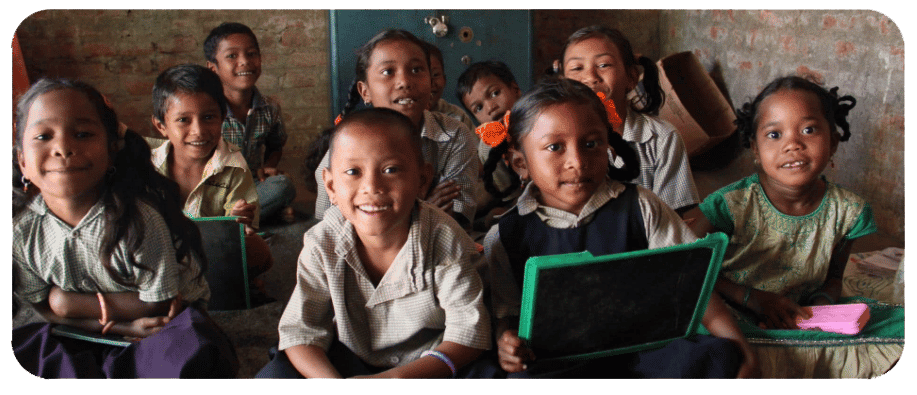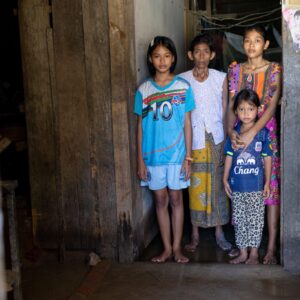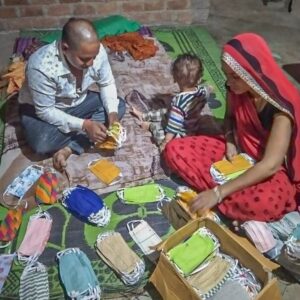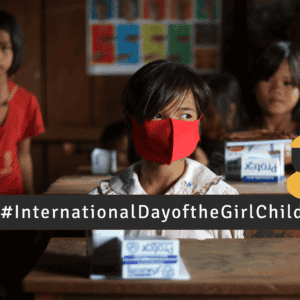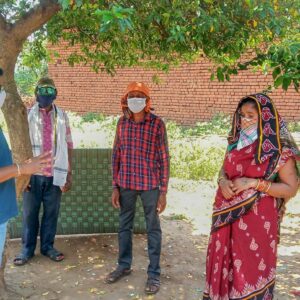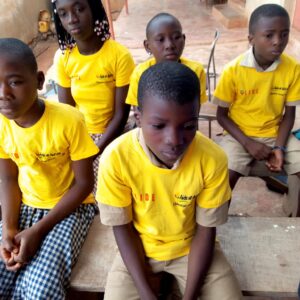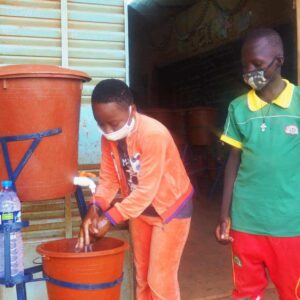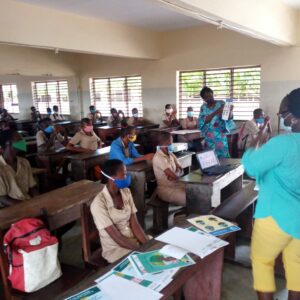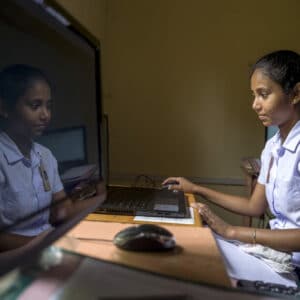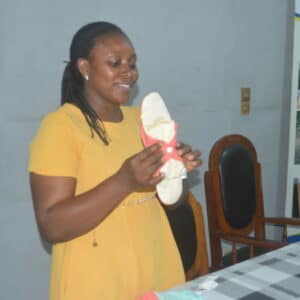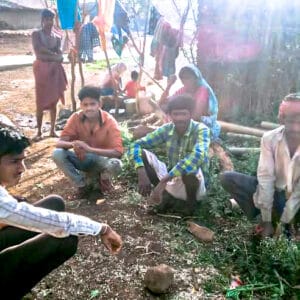Although guaranteed by the International Convention on the Rights of the Child since its ratification by more than 192 states thirty-one years ago, the right to education is still denied today to more than 258 million children who are among the most vulnerable in the world. A shame as we celebrate the 31st Day of the Rights of the Child today.
258 million children do not have access to education these days.
As a result of the COVID-19 pandemic, 24 million more children are at risk of dropping out of school due to poverty.
However, 195 countries have ratified the Convention on the Rights of the Child, which guarantees, among other things, the right of all to quality education (articles 27 and 28).
So who are these children that are deprived of school? Where do they live? What does their daily life look like? Why are they still cut off from primary and secondary education today?
Children deprived of the right to education
Unfortunately, there is not a single answer, otherwise the solution would be obvious and easy to apply. These children, generally among the poorest in the world, live mainly in South Asia and Sub-Saharan Africa. On the way to education, they accumulate obstacles and handicaps. Their families are not only too poor to pay school fees or too far from school, these children are also from a minority ignored by the rest of the population, speak a language other than the official language of instruction, they have a disability for which teachers and schools are not prepared, they live in countries that are hampered by conflict or insecurity, or they were born girls, and, in addition to all these barriers, they bear the weight of their gender and the obligations (marriages, families, etc.) that have been arbitrarily imposed on them.
In India, 15 million children drop out of school to follow their families
Take, for example, the case of Sushil, a young Indian boy of barely ten years old. His parents had to leave their native village to find occasional jobs on the outskirts of Delhi. Urbanization, as in all Indian mega cities, is very strong and there is no shortage of construction jobs. On the condition, of course of accepting to live in unsanitary housing, without food, hygiene, access to health care, or school for their children and to expose themselves to violence and insecurity in order to earn only a few coins per day for dozens of hours of work… These conditions are inhumane of course, but when there is no other choice to survive and save one’s family, there is no real “choice”.
States that do not respect their commitments
Nearly 100 million parents in India, like those of Sushil’s, are forced to take their children out of school in order to continue earning a little money. Nearly 15 million children are said to be living on construction sites, busy looking after each other in the absence of their parents, gradually sinking into theft or delinquency, or put to forced labour to earn a little extra money. Despite India’s ratification of the CRC, despite the adoption of a law that makes education compulsory for all children aged 6 to 14, the right to education remains for the most vulnerable children a pipe dream. India is far from the only state not to respect these commitments and obligations. In Sub-Saharan Africa, 12 million children do not go to school. In France, they are nearly 100,000.
Handicap: a major obstacle!
Around the world, children with disabilities pay a relatively heavy price. It is estimated that one in two is out of school in low- and middle-income countries. Of course, removing all the obstacles to allow these children to go to school is a real challenge. For a poor child with a disability, living far from school in an ethnic minority, is not one but four issues that must be resolved at the same time to open the doors to school for them : abolish tuition fees, provide school uniforms and materials, find a reliable and safe means of transport, offer education in their native language or at least bilingual to enable them to follow lessons, and welcome them in an inclusive school with adapted materials and qualified teachers… So many initiatives that Aide et Action is developing as part of its projects with the aim of supporting all children on the way to school.
But then what to do?
In India, for example, our association is building child care and learning centres on construction sites where parents work in order to encourage them to send their children to school and to avoid forced labour. It was mainly thanks to one of these centres that Suhil was able to return with his parents to their native village at the end of the school year and resume his studies as if he had not missed anything from the school year. But Aide et Action’s commitment is not only aimed at guaranteeing the right to quality education. We also try to make political decision-makers recognize their responsibilities towards young people in difficulty and to obtain their support so that children see all their rights respected. Our project in India has thus enabled children on construction sites to receive one hot meal a day, to have access to care and hygiene advice, and for parents to benefit from parenting advice in order to strengthen protection of their children … We are also joining forces with other civil society organizations and child protection stakeholders to change public policies and demand the implementation of children’s rights as set out in the Convention on the Rights of the Child.


